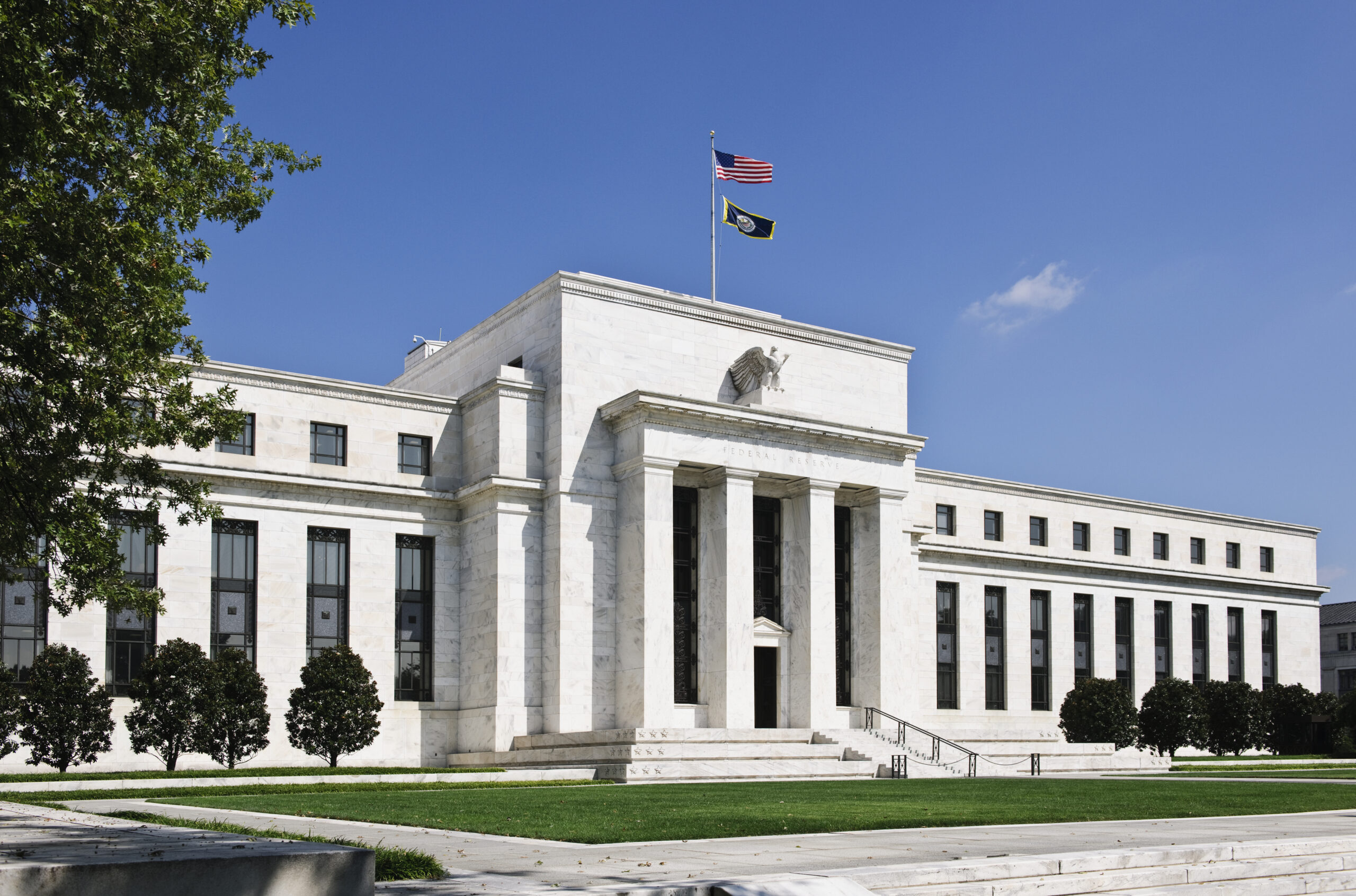How is risk defined in portfolio optimization objective functions? Usually with a volatility metric, and often one that places a particular emphasis on downside risk, or losing money.
But that only describes one aspect of risk. It doesn’t capture the entire distribution of outcomes investors could experience. For example, not owning an asset or investment that subsequently outperforms could trigger an emotional response in an investor — regret, say — that resembles their reaction to more traditional definitions of risk.
That’s why to understand risk for portfolio optimization purposes, we need to consider regret.
Among different investors, the performance of speculative assets such as cryptocurrencies could potentially evoke different emotional responses. Since I don’t have very favorable return expectations around cryptocurrencies and consider myself relatively rational, if the price of bitcoin increases to $1 million, I wouldn’t sweat it.
But another investor with similarly unfavorable bitcoin return expectations could have a much more adverse response. Out of fear of missing out on future bitcoin price increases, they might even abandon a diversified portfolio in whole or in part to avoid such pain. Such divergent reactions to bitcoin price movements suggest that allocations should vary based on the investor. Yet if we apply more traditional portfolio optimization functions, the bitcoin allocation would be identical — and likely zero — for the other investor and me, assuming relatively unfavorable return expectations.
Considering regret means moving beyond the pure math of variance and other metrics. It means attempting to incorporate the potential emotional response to a given outcome. From tech to real estate to tulips, investors have succumbed to greed and regret in countless bubbles throughout the years. That’s why a small allocation to a “bad asset” could be worthwhile if it reduces the probability that an investor might abandon a prudent portfolio to invest in that bad asset should it start doing well.
I introduce an objective function that explicitly incorporates regret into a portfolio optimization routine in new research for the Journal of Portfolio Management. More specifically, the function treats regret as a parameter distinct from risk aversion, or downside risk — such as returns below 0% or some other target return — by comparing the portfolio’s return against the performance of one or more regret benchmarks, each with a potentially different regret aversion level. The model requires no assumptions around return distributions for assets, or normality, so it can incorporate lotteries and other assets with very non-normal payoffs.

By running a series of portfolio optimizations using a portfolio of individual securities, I find that considering regret can materially influence allocation decisions. Risk levels — defined as downside risk — are likely to increase when regret is taken into account, especially for more risk-averse investors. Why? Because the assets that inspire the most regret tend to be more speculative in nature. Investors who are more risk tolerant will likely achieve lower returns, with higher downside risk, assuming the risk asset is less efficient. More risk-averse investors, however, could generate higher returns, albeit with significantly more downside risk. Additionally, allocations to the regret asset could increase in tandem with its assumed volatility, which is contrary to traditional portfolio theory.
What are the implications of this research for different investors? For one thing, assets that are only mildly less efficient within a larger portfolio but potentially more likely to cause regret could receive higher allocations depending on expected returns and covariances. These findings may also influence how multi-asset funds are structured, particularly around the potential benefits from explicitly providing investors with information around a multi-asset portfolio’s distinct exposures versus a single fund, say a target-date fund.
Of course, because some clients may experience regret does not mean that financial advisers and asset managers should start allocating to inefficient assets. Rather, we should provide an approach that helps build portfolios that can explicitly consider regret within the context of a total portfolio, given each investor’s preferences.
People are not utility maximizing robots, or “homo economicus.” We need to construct portfolios and solutions that reflect this. That way we can help investors achieve better outcomes across a variety of potential risk definitions.
For more from David Blanchett, PhD, CFA, CPA, don’t miss “Redefining the Optimal Retirement Income Strategy,” from the Financial Analysts Journal.
If you liked this post, don’t forget to subscribe to the Enterprising Investor.
All posts are the opinion of the author. As such, they should not be construed as investment advice, nor do the opinions expressed necessarily reflect the views of CFA Institute or the author’s employer.
Image credit: ©Getty Images / jacoblund
Professional Learning for CFA Institute Members
CFA Institute members are empowered to self-determine and self-report professional learning (PL) credits earned, including content on Enterprising Investor. Members can record credits easily using their online PL tracker.





























